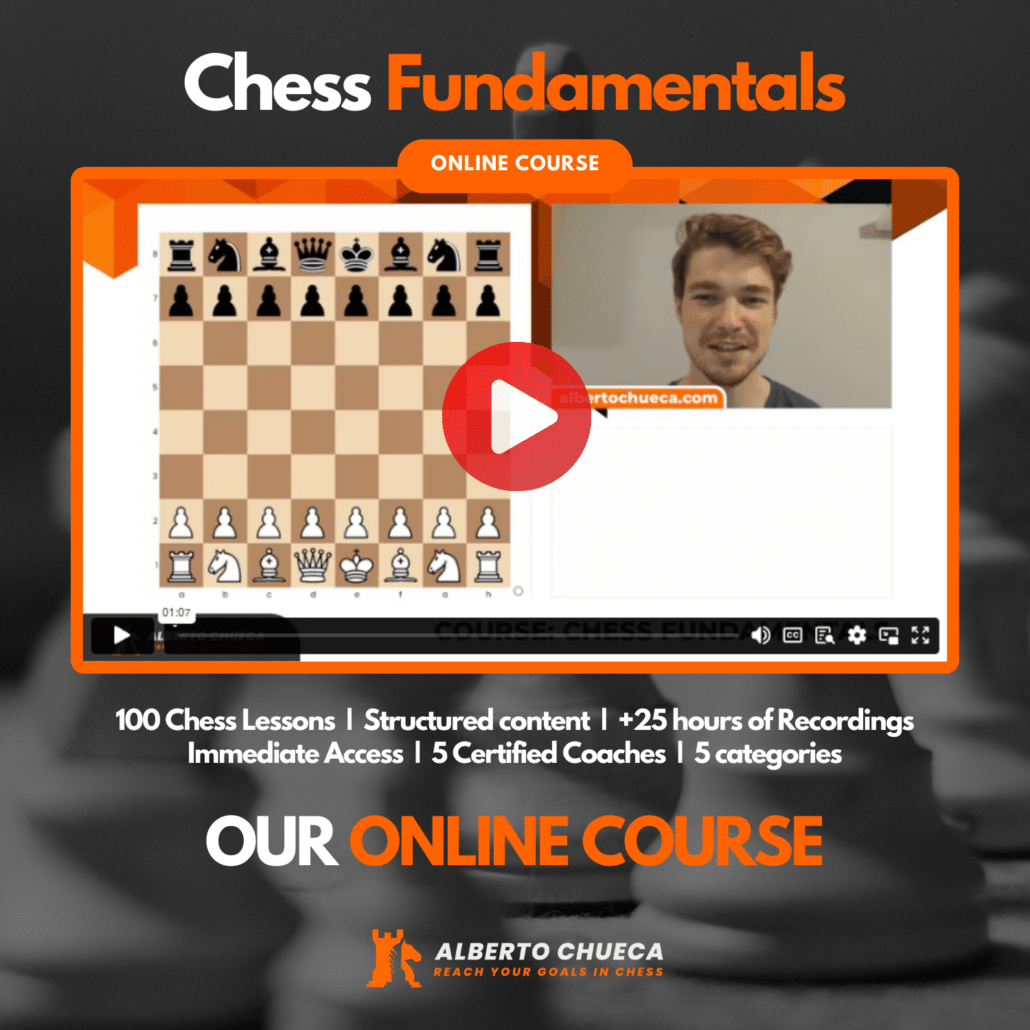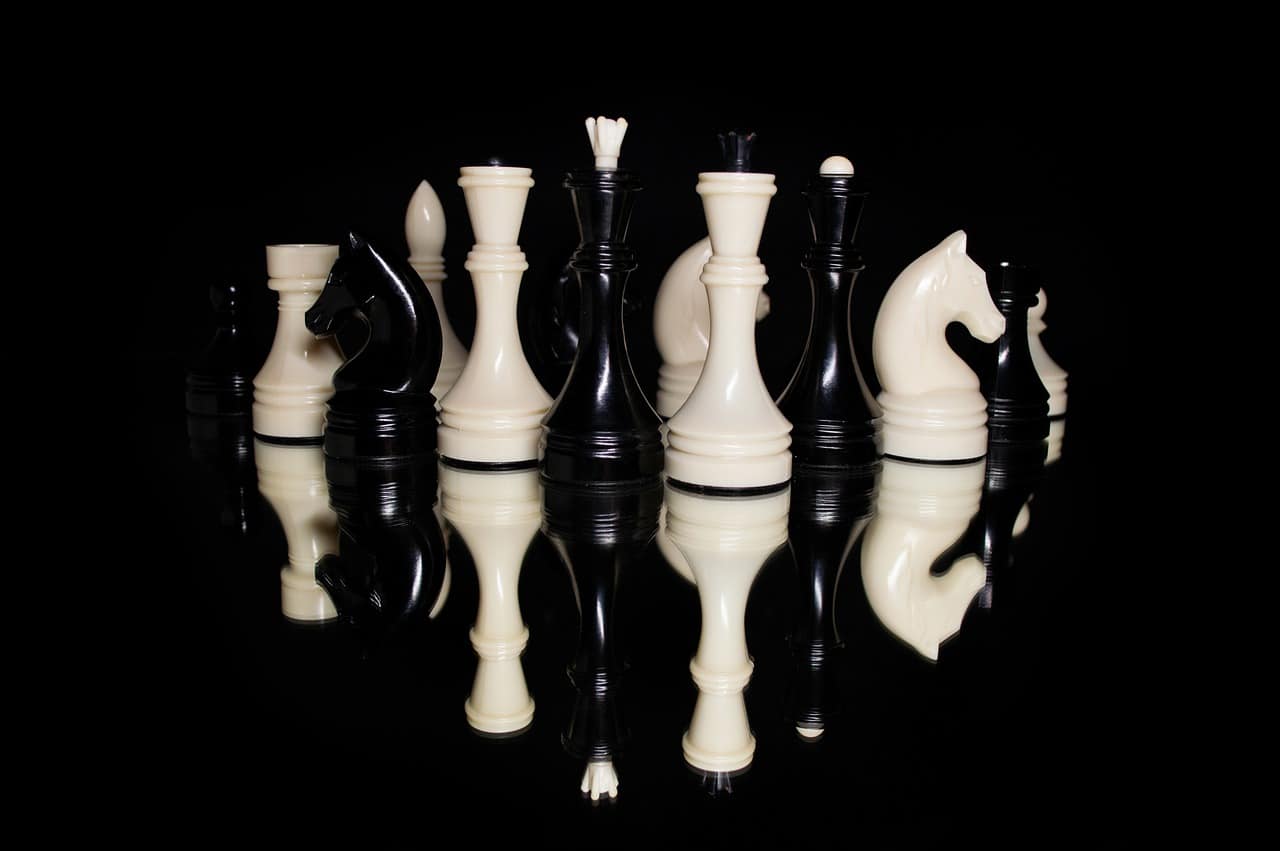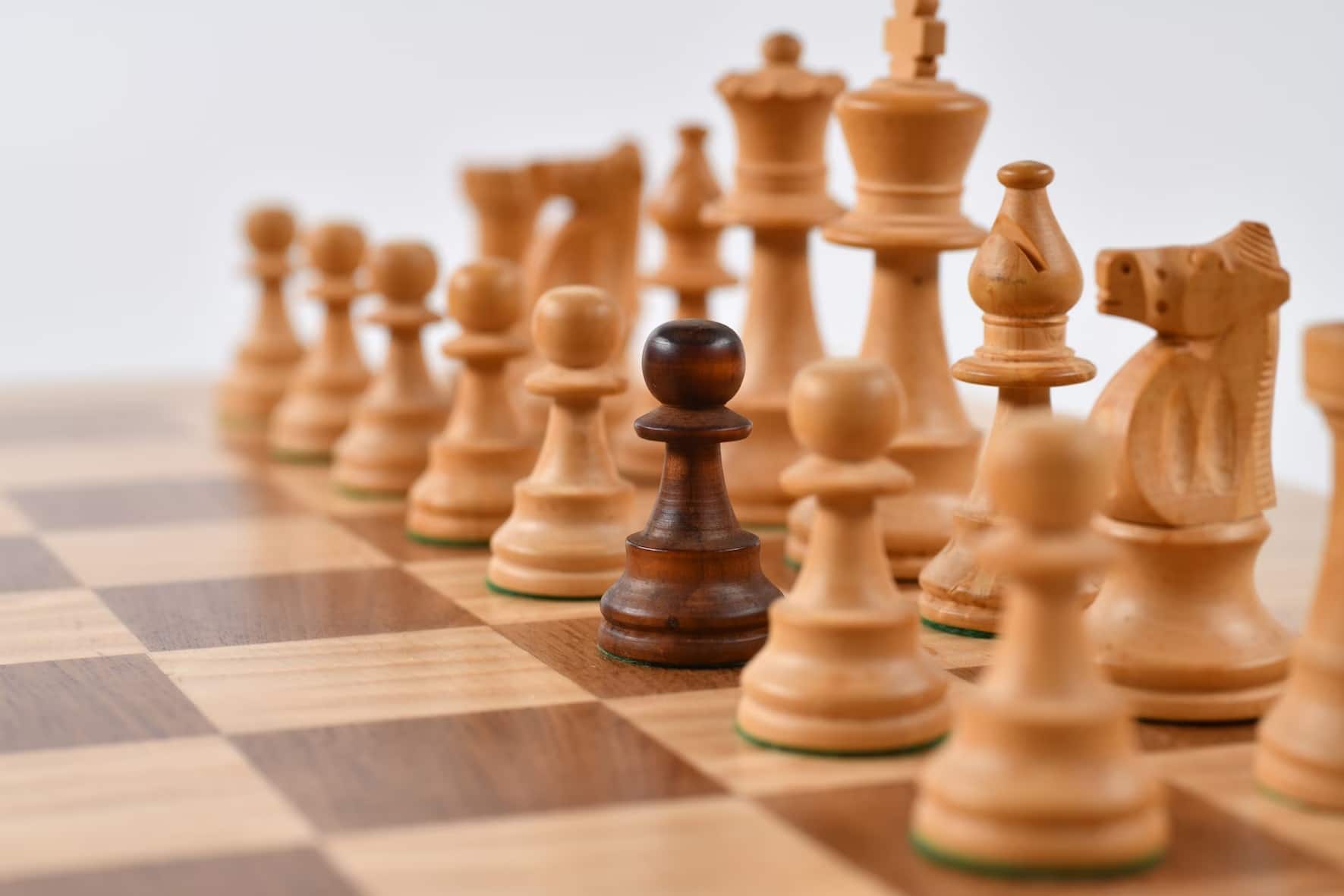Chess is often described as the “game of kings.” It is a timeless strategy game that challenges the mind and refines cognitive abilities. For students, playing chess can be likened to navigating through the intricacies of academia. Each move on the chessboard demands focus, prediction, and an understanding of one's opponent, much like the academic challenges students face, requiring comprehension, anticipation, and a grasp of varied perspectives.
The analytical prowess acquired from playing chess is remarkably useful, especially for students who find themselves delving deep into complex academic tasks. Just as a chess player would strategically maneuver their bishop or knight, students often need to think several steps ahead when approaching their assignments.
This is particularly true when working on comprehensive projects like case studies. In situations where students feel overwhelmed, they might seek out a case study writing service or assistance with essays. These services, much like a seasoned chess coach, can offer guidance, expertise, and strategies to help students master their assignments, ensuring they deliver quality work and bolster their academic performance. The synthesis of skills from chess and academic support tools paves the way for students to achieve excellence both on the board and in their studies.
Table of Contents
Types of Chess Games
Chess, with its rich history and universal appeal, has given rise to various adaptations and formats. Here are some of the main types of chess games:
Classical Chess (or Standard). This is the traditional game that most people are familiar with, played on an 8×8 board with each player controlling 16 pieces. Each game can last for hours.
Rapid Chess (or Fast). Players have less time to make their moves than in classical chess. Typically, each player might have 15–45 minutes for the entire game.
Blitz Chess. A faster-paced version where each player has only 3 to 5 minutes for the entire game. This format demands quick thinking and instant decision-making.
Bullet Chess. An extreme form of blitz chess, with each player having just 1 minute or even less for the entire game.
Chess960 (or Fischer Random). Invented by the former World Chess Champion Bobby Fischer, the game randomizes the starting position of the pieces on the back rank, resulting in 960 possible starting positions.
Bughouse (or Doubles). This game is played with four players on two boards. Teams of two face off, and when one player captures a piece, they hand it to their teammate to use.
Three-player Chess. Played on a specially designed hexagonal board, allowing three players to compete simultaneously.
Four-player Chess. This variant involves four players and can be played in teams or as individuals. The board is usually square but divided into quadrants.
Crazyhouse. A variant similar to bughouse but played by two players on a single board. When a player captures a piece, they can later drop it back onto the board as their own.
Atomic Chess. In this variant, when a piece is captured, an ‘explosion' occurs, taking out all pieces (except pawns) in the surrounding squares.
Horde Chess. One side controls many pawns (the Horde) and tries to overwhelm the other side, which has the standard set of pieces.
Antichess (or Losing). The objective is to lose all one's pieces or be stalemated. Capturing is mandatory when possible.
What Are Analytical Skills?
Analytical skills help people think clearly and make decisions. These skills let you understand and solve problems by looking at information carefully. Here's what they include.
1. Critical Thinking
When we talk about critical thinking, we refer to the ability to think clearly and rationally. It's about understanding the logical connection between ideas. For a student, critical thinking can help in assessing whether information is true, partly true, or false.
2. Data Analysis
In today's world, data is everywhere. Being able to analyze data means you can spot trends, make predictions, and make informed decisions. For example, a business student analyzing market data can determine which product is most popular and why.
3. Problem-Solving
Life is full of problems, both big and small. Problem-solving skills allow individuals to approach difficulties systematically. For instance, if a project isn't going as planned, problem-solving skills can help identify what went wrong and how to fix it.
4. Attention to Detail
This skill is crucial. It's the small things that often make a big difference. By paying attention to the little details, students can avoid mistakes, understand deeper concepts, and present their work more professionally.
5. Logical Reasoning
This refers to the ability to analyze a situation and come to a reasonable conclusion. For a philosophy student, logical reasoning might be used to assess two sides of an argument.
6. Research
The internet is a vast sea of information. Research skills allow students to find relevant information, validate its authenticity, and use it to support their work. Whether writing an essay or preparing for a debate, good research can set a student apart.
7. Decision Making
Every day we make countless decisions. Effective decision-making involves assessing a situation, considering all options, and choosing the best course of action. For a student group leader, this might involve deciding the best way to divide tasks among group members.
8. Quantitative Analysis
Numbers play a crucial role in many fields. Being able to understand and interpret numbers can help in making decisions based on concrete data. For a finance student, quantitative analysis is key to predicting stock market trends.
How Chess Develops Student's Analytical Thinking?
Chess is more than just a game. For students, it's a practical tool. It hones skills that are vital in academics. From crafting detailed essays to undertaking thorough research projects, the strategies learned from chess prove invaluable.
Strategic Planning and Foresight
Chess requires players to think ahead. Each move is like selecting a sentence in an essay. You choose carefully, thinking about the impact. Just like in writing essays, one wrong word or move can change the outcome. Students learn to anticipate consequences. This skill helps in other subjects, too.
Feedback and Evaluation
When a student makes a move in chess, the opponent's countermove acts as feedback. It's akin to teacher comments for students' writing. Both tell the student about the effectiveness of their strategy. By reviewing games, students understand their mistakes, much like reading teacher comments on their essays.
Tools for Success
Success in school doesn't come from shortcuts like hoping for a spell for good grades. It comes from hard work. Chess reinforces this. There are no shortcuts in chess, just as in academics. Some educators even have a student contract for grades that involves chess. Why? They see the game as a way to reinforce discipline and logical thinking.
Research and Attention
A research paper requires careful selection of details and facts. This mirrors the precision needed in chess. Each piece, like each fact in a paper, has a unique role. Misusing a piece can lead to defeat, just as a poorly researched fact can weaken an essay. Through chess, students learn the value of focus and diligence.
Problem Solving Under Pressure
Chess often puts players in tricky situations. They must think quickly and effectively. Similarly, during exams or when rushing to submit essays before a deadline, students face pressure. By playing chess, they practice staying calm and finding solutions even when time is limited.
Memory Enhancement
Remembering past games and opponents’ moves can provide a strategic advantage in chess. This practice sharpens a student's memory. Enhanced memory aids in recalling facts for a research paper or remembering key points for an exam. It's far more effective than wishing for a spell for good grades.
Recognizing Patterns and Connection
Over time, chess players start recognizing certain patterns and strategies. This ability to see connections helps students in subjects like math or when writing essays. For instance, spotting a recurring theme in literature or connecting historical events becomes easier. This skill proves valuable in both written assignments and exams.
Start Playing Chess
First, get a chessboard and familiarize yourself with it. It's an 8×8 grid, with alternating light and dark squares. Each player starts with 16 pieces: 1 king, 1 queen, 2 rooks, 2 knights, 2 bishops, and 8 pawns.
Learn the Moves
Each chess piece has a unique way of moving:
- Pawns move forward but capture diagonally.
- Rooks move in straight lines horizontally and vertically.
- Knights have an L-shaped move, two squares in one direction and then one square perpendicular, or vice versa.
- Bishops move diagonally.
- Queens can move in straight lines in any direction.
- The king moves one square in any direction.
Understand the Objective
The primary aim is to place the opponent's king in “checkmate,” a position where the king cannot escape capture.
Start with Openings
Learn a few basic chess openings. This will give you a good starting position and help you develop your pieces effectively.
Practice with Chess Puzzles
Chess puzzles can help sharpen your tactical vision. They present you with a board setup, and you have to find the best move or series of moves to achieve a winning position.
Play Regularly
Like any skill, practice is crucial. Play with friends or join a local chess club. Nowadays, many online platforms allow you to play with opponents worldwide.








